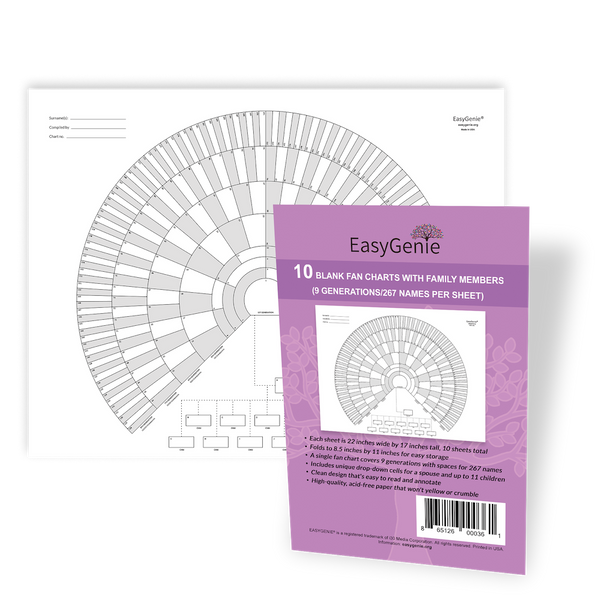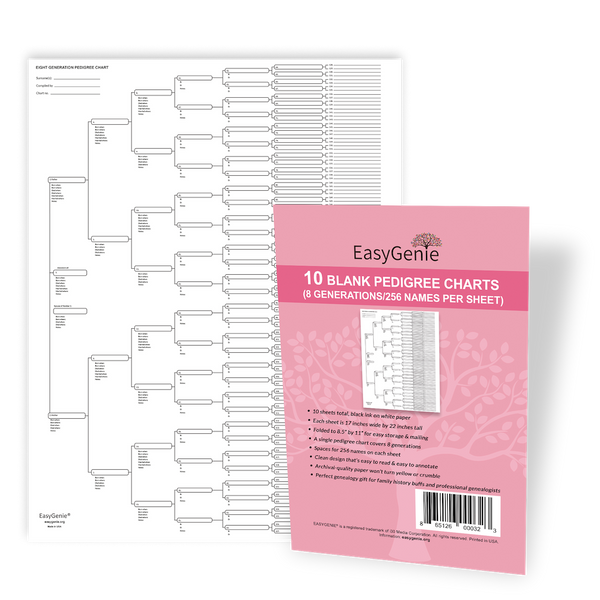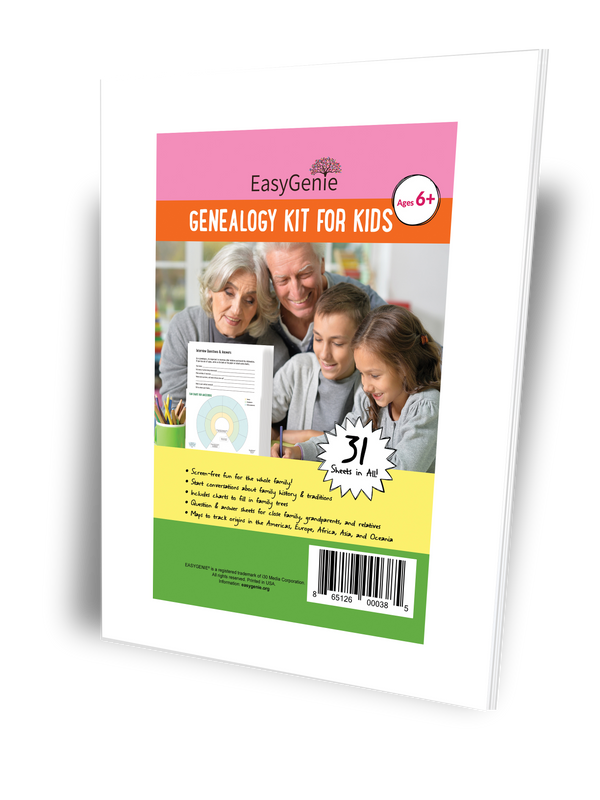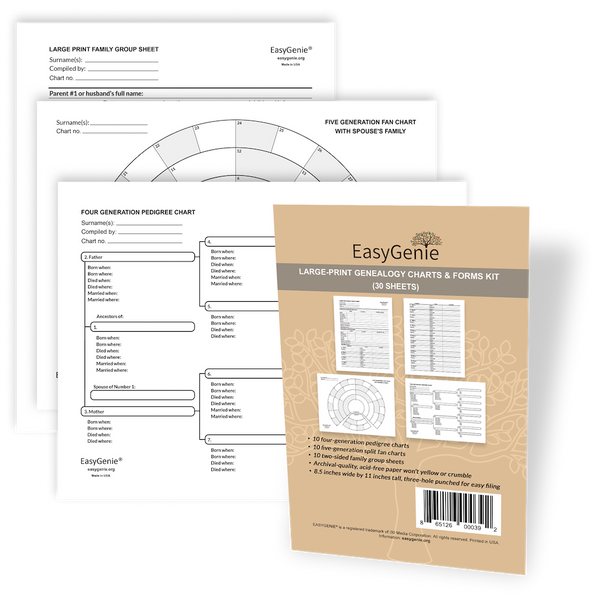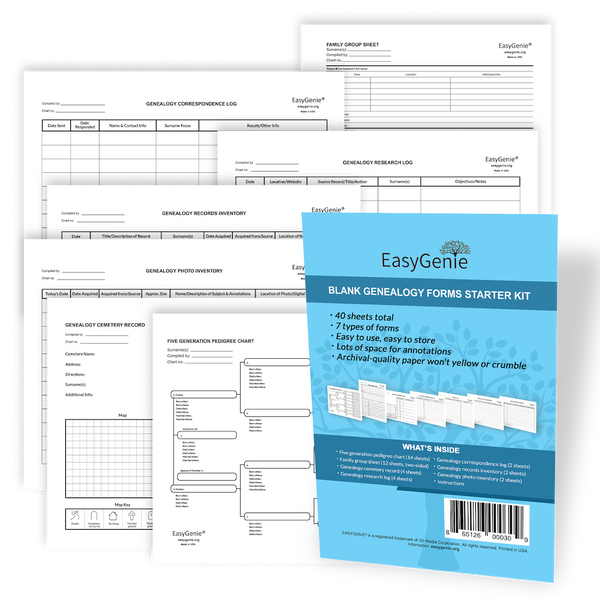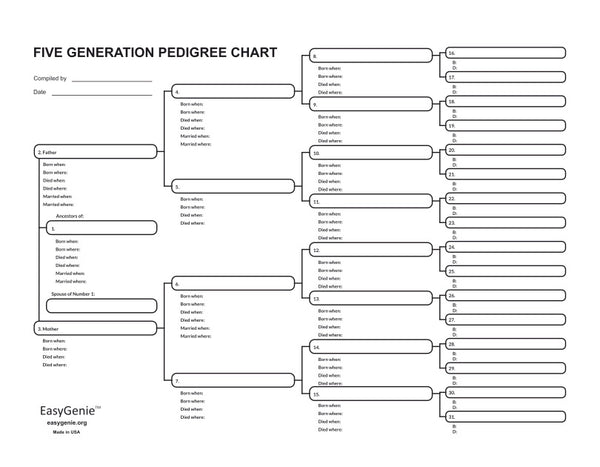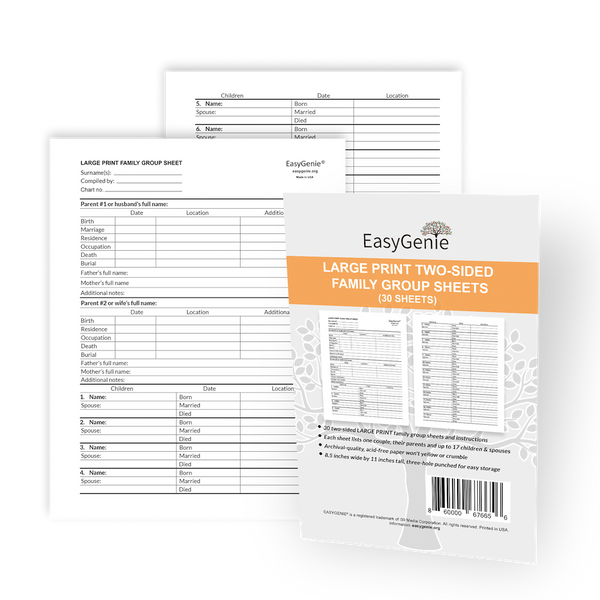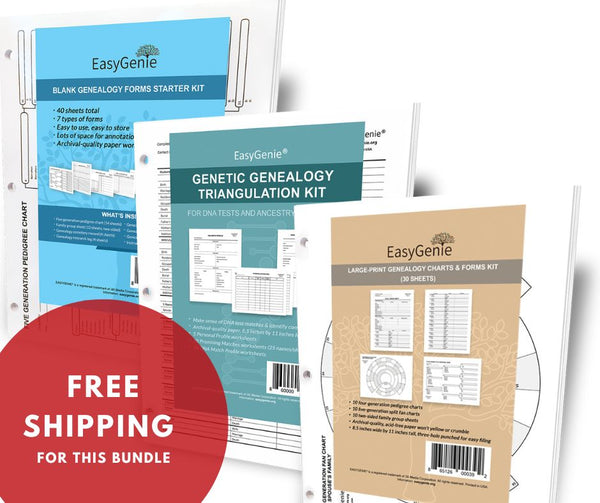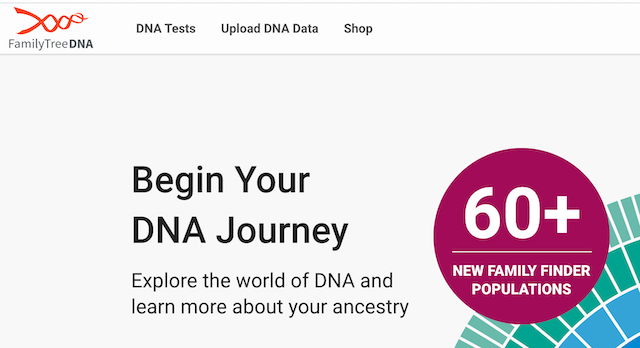
Genetic genealogy: FTDNA updates its DNA matches
Ian LamontFor genealogists who use genetic genealogy to conduct research, there is some important news to share about an online resource, Family Tree DNA (commonly known as "FTDNA") which has just undergone a major update. The FTDNA database and testing service is used by millions across the globe to extract genetic markers from kits and match with other test-takers, which makes it possible to trace one's origins and sometimes break through research "brick walls."
According to genealogist and blogger Roberta Estes, FTDNA's recent update not only looks good and makes the site easier to use, it also has some behind-the-scenes changes which should greatly improve search results.
"These changes and tools will provide us with a new foundation and new clues. Think of this as finding long-lost documents in an archive about your ancestors. If someone told me that there is a potential for discovering the surname of one of my elusive female ancestors in an undiscovered chest in a remote library, trust me, I’d be all over it – regardless of where it was or how much effort I had to expend to get there."
For instance, when it comes to endogamous populations (groups of people that intermarry because of geographic isolation or religious/cultural reasons), Estes notes:
"Improved matching accuracy, in particular for people in highly endogamous populations. People in this category have thousands of matches that occur simply because they share multiple distant ancestors from within the same population. That combination of multiple common ancestors makes their current match relationships appear to be closer in time than they are. In order to change matching algorithms, FamilyTreeDNA had to rewrite their matching software and then run matching all over to enable everyone to receive new, updated match results."
The practical result of this and other changes to the algorithm: "Some matches may be gone, especially distant matches or if you’re a member of an endogamous population." This is a good thing, because it means FTDNA customers can concentrate on closer matches, and not waste time on distant matches that may appear to be closer than they actually are.
FTDNA has a reputation as being a serious resource for serious genealogists. Unlike Ancestry.com which is now operated by a Wall Street private equity group, and 23andme, which was founded by a Silicon Valley firm seeking to mine members' health data to resell to pharmaceutical companies, FTDNA was founded by a genealogist and is run by people who are passionate about genealogy and the science of DNA.

In the meantime, if you are just getting started with genetic genealogy, EasyGenie has two resources that may be of interest: Genealogy Basics In 30 Minutes by professional genealogist Shannon Combs-Bennett (who explains the basics of genetic genealogy) and the Genetic Genealogy Triangulation Kit, which makes it possible to determine how distant matches on FTDNA, Ancestry, and other services are related.
